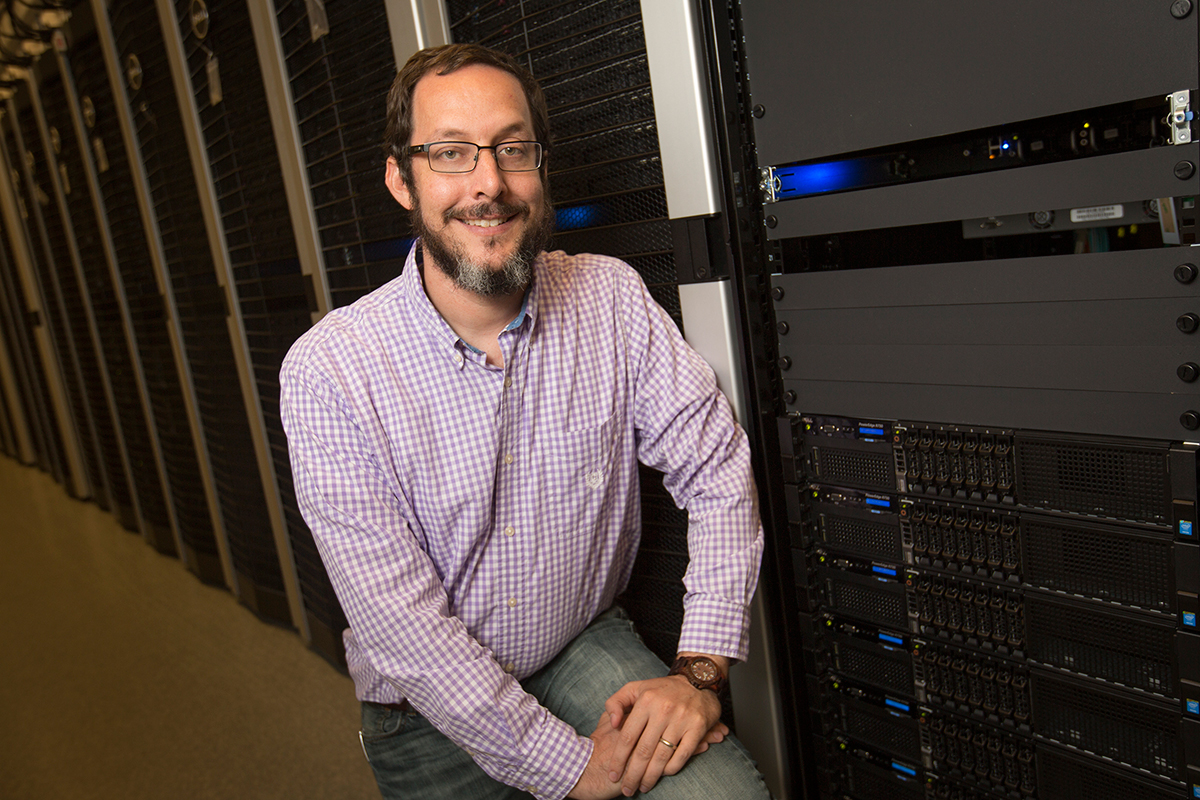Donations help create 'supercomputer' for students
By Bill Steele

The word to keep in mind is no longer “plastics.” It’s “parallel.” Parallel computing is the wave of the future in science and engineering, and thanks to donations from Intel and Dell Corporations, Cornell students will get hands-on experience with the technology.
Intel is donating 15 Xeon Phi 5110P circuit boards, each of which holds 60 interconnected processors, or “cores,” along with memory. Installed in servers provided by Dell at a substantial discount to support a course, they will create a high-performance parallel computing cluster with 996 cores. The system, to be housed in the basement of Gates Hall, will be used for the fall 2015 course, Applications of Parallel Computers.
“One of these boards has more cores than the entire cluster we were using,” said David Bindel, assistant professor of computer science, who teaches the course. “Xeon Phis are really the next step.”
They are in wide use in academic and commercial computing installations, he noted. He estimated that the total value of the Intel and Dell donations is almost $80,000.
Parallel computing is a way of getting around the laws of physics. Electrons can only move so fast around a chip, and they generate heat in the process, limiting how fast a chip can be made to run. A solution is to divide the problem into many small slices that can be computed simultaneously on separate processors.
“Hardware is becoming more and more parallel,” Bindel noted, “but it’s a Hail Mary pass because parallel programming is hard.”
Students from a broad spectrum of science, engineering and math fields are lining up for Bindel’s course. When he first offered it in 2010, he had about 20 students. Now he’s up to around 150, and many others are using his online course materials for self-study, he said.
Cornell has been a leader in the advancement of parallel computing. The Cornell Center for Advanced Computing (CAC) operates massively parallel systems used by researchers at Cornell and across the nation.
When it was established as one of five academic supercomputing centers funded by the National Science Foundation, CAC was the only one of the five to deploy a parallel system. Several units in the departments of Computer Science and Information Science operate their own small clusters of off-the-shelf systems running in parallel to create inexpensive but powerful supercomputers.
Media Contact
Get Cornell news delivered right to your inbox.
Subscribe